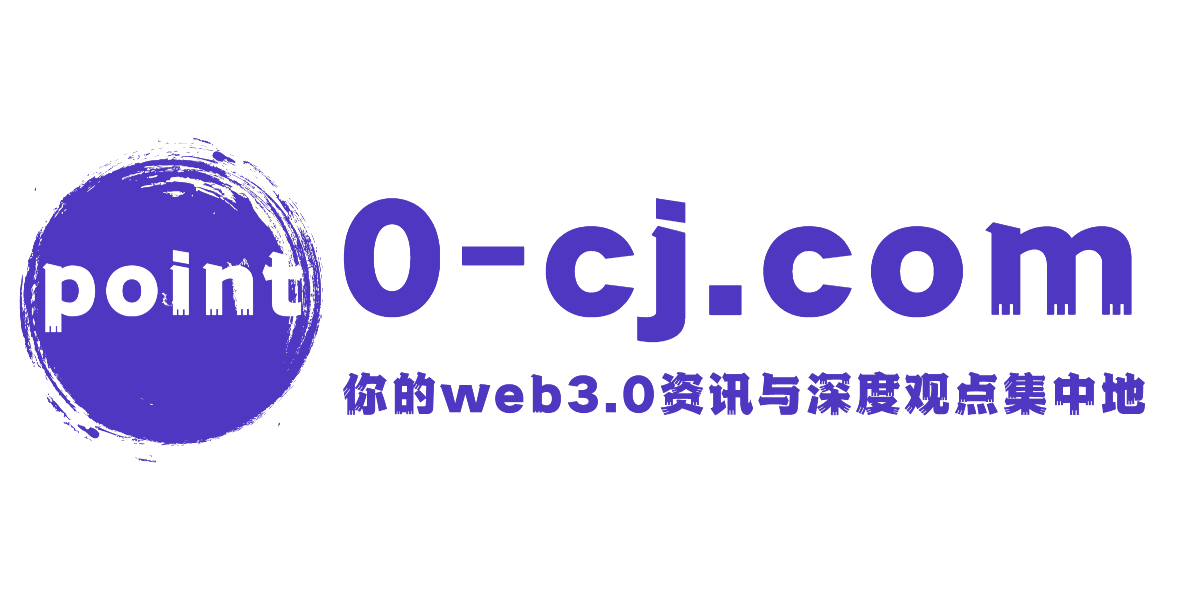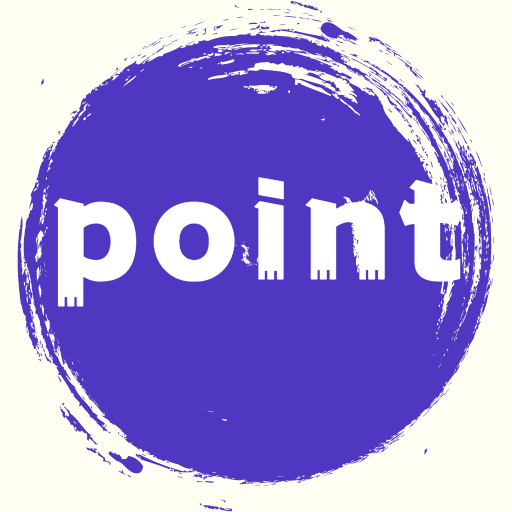零点课堂 | Decentralized Autonomous Organizations (DAOs) Explained(3)
What issues are DAOs facing?
Legal
The regulatory environment surrounding DAOs is completely uncertain. How different jurisdictions will create the regulatory framework around these new types of organizations remains to be seen. However, a continually uncertain regulatory landscape could be a significant barrier to the adoption of DAOs.
Coordinated attacks
The desirable properties of DAOs (decentralization, immutability, trustlessness) inherently carry significant performance and security drawbacks. While some of the potential organizations that can spring up as DAOs are undoubtedly exciting, they introduce a lot of risk that isn’t present in traditional organizations.
Points of centralization
It’s arguable that decentralization isn’t a state, but rather a range, in which each level is suitable for a different type of use case. In some cases, full autonomy or decentralization might not even be possible or make sense.
DAOs may allow for a wider range of participants to collaborate than ever before, but the governance rules set in the protocol will always be a point of centralization. The argument can be made that centralized organizations can operate at a much higher efficiency – but abandon the benefits of open participation.
Closing thoughts
DAOs allow organizations to break free from reliance on traditional institutions. Instead of a central entity coordinating participants, governance rules are automated and steer actors towards the most beneficial outcome for the network.
The Bitcoin network may be considered a simplistic DAO, and for now, other implementations are scarce. The key to designing good DAOs is putting down an efficient set of consensus rules that resolve complex participant coordination problems. The real challenge facing the implementation of DAOs might not be purely technological, but rather social.
声明:本文由 Binance撰写,零点财经收录,观点仅代表作者本人,绝不代表零点财经赞同其观点或证实其描述。

 tao
tao


